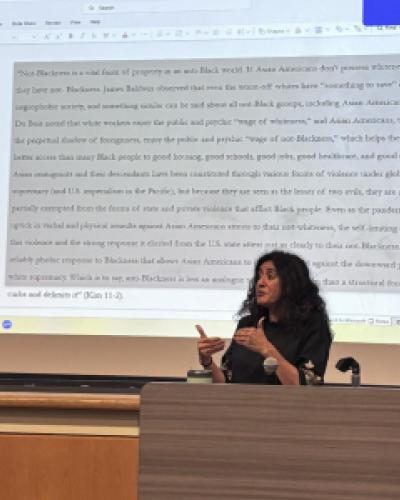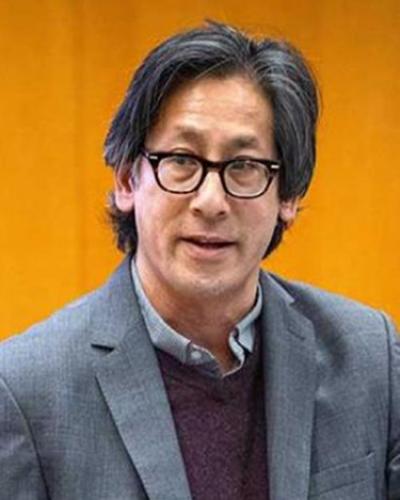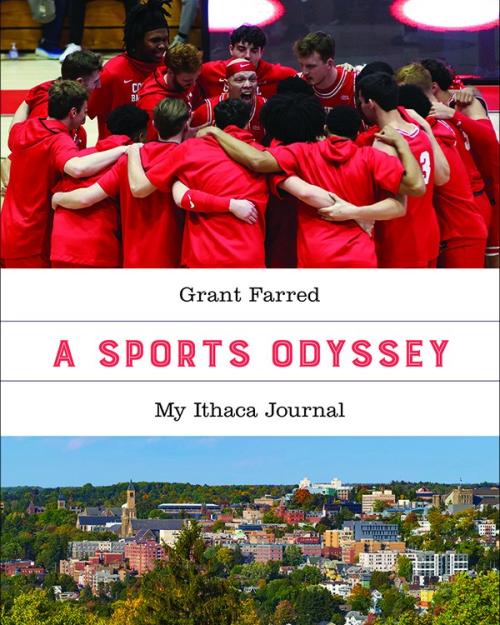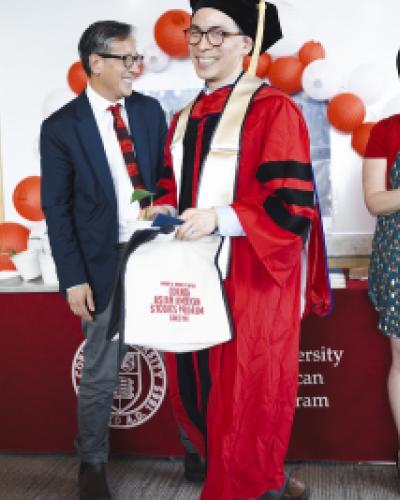In January, Cornell graduate student Kaitlin Findlay ran a workshop on community engaged curation and representing histories of loss at the Nikkei National Museum near Vancouver, Canada. The purpose of the workshop, which was partially funded by the Asian American Studies Program through its support for graduate student professional development, was to reflect on the curatorial process for the Broken Promises exhibition (September 2020-June 27, 2021), which told the story of the forced dispossession of Japanese Canadians in the 1940s.
In the US and Canada, both federal governments ordered the forced uprooting and confinement of people of Japanese descent after they declared war against Imperial Japan in 1941. The policies were a manifestation of deep-rooted racism in each country. Uniquely, Canada legally seized Japanese Canadians' property and promised to protect everything they owned until their return. Within a year, however, the government began selling everything that Japanese Canadians owned.
The Broken Promises exhibition, which continues to tour internationally, details the policymakers who led the dispossession, but foregrounds the homes and lives that Japanese Canadians had built prior to the 1940s, how they fought their dispossession, and the challenge of rebuilding in the postwar years. The exhibition includes a digital interactive feature with letters of protest, oral histories of over twenty individuals’ lived experiences, and artwork by Emma Nishimura, inspired by the dress patterns that her grandmother packed in her suitcase in 1942.
Comprised of curators from the Nikkei National Museum and the Royal BC Museum, community advisors, academic researchers, a professional designer, the curatorial team interpreted academic findings into a museum exhibition that centered the human core of the story.
Over the next year, Kaitlin and her co-authors, Yasmin Amaratunga and Trevor Wideman, will develop a publication based on the reflections from the workshop. They hope to share their approach and lessons-learned with the broader public history community, and to contribute to the practice of community-engaged curation and the ethical representation of histories of loss and injustice.




